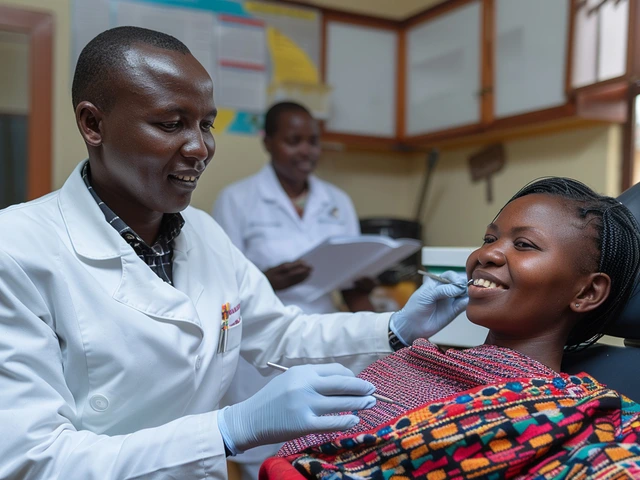Anesthesiologist Income in Ethiopia: What You Really Need to Know
Wondering how much anesthesiologists actually earn in Ethiopia? It’s a pretty common question for anyone thinking about a medical career or looking to weigh up their earning potential in the country. Truth is, the income for anesthesiologists is higher than most healthcare jobs here, but it still sits way below what their peers earn in wealthier countries.
On average, anesthesiologists in Ethiopia earn a monthly salary that ranges from about 20,000 to 60,000 Ethiopian Birr, depending on where they work and how much experience they bring to the table. Urban hospitals and private clinics tend to pay more—think big hospitals in Addis Ababa. If you’ve got years under your belt, specialty certifications, or work in the private sector, you’re likely near the upper end of that range.
When you compare this to other top paying jobs in Ethiopia, being an anesthesiologist is still considered a high-status position, mostly because there aren’t all that many of them. In fact, doctors who specialize in anesthesia make more than general medical officers, nurses, or teachers. But hold on—these earnings still don’t stack up with international standards. For some, it’s a chance to earn more in the region, but it’s not quite “get rich quick” money.
What impacts the pay? Location is a big factor. Anesthesiologists working in the capital or in private practice usually take home more. Experience matters too. Those in public sector jobs might have perks like stable benefits and pension plans, but usually lower direct pay. Private hospitals, especially those serving international patients, may offer bonuses or higher salaries, though the work hours can be tougher.
Are there wealth-building opportunities in this career? Sort of. While a top anesthesiologist can live comfortably and afford things like a car or decent housing, they generally aren’t raking in enough to join the ranks of Ethiopia’s millionaires. Still, it’s a path that can open doors. Some choose to supplement their income with consulting gigs, teaching, or short contracts in neighboring countries where pay can be higher.
If you’re just starting out, be prepared: the early years in medicine can feel financially tough. Salaries rise with experience, especially if you shift to private practice or work your way into senior consultant roles over time. Also, economic trends and healthcare investments in Ethiopia are slowly nudging salaries up across the board, so it’s worth keeping an eye on.
Bottom line? Being an anesthesiologist in Ethiopia comes with solid earning potential—at least compared to many local jobs—but it’s not your shortcut to grand wealth. If you value stability, community respect, and a decent lifestyle, it’s a great option. For those chasing big fortunes, investing or launching businesses often works out better.





